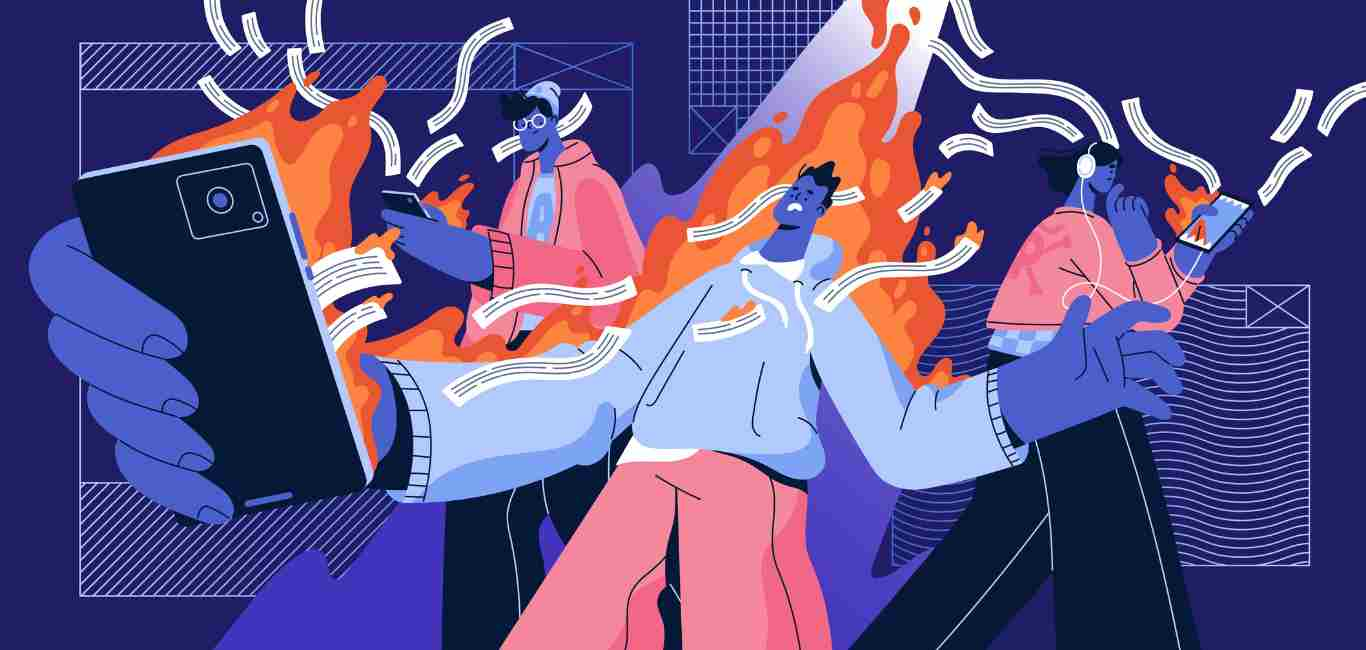
“My addiction to narcotic substances lasted for about eight years till I was literally on the streets and decided that enough is enough,” says Anindya Chatterjee, a Bengali actor who motivated himself to stay off narcotic drugs for a day and seek help.
His is one of many voices to have admitted to being addicted or having an uncontrollable urge to use a substance. Happiest Health digs deep into addiction and why some people fall prey to it.
What is addiction?
Addiction is commonly understood as an uncontrollable urge to use a substance, typically alcohol or narcotic and psychotropic drugs like marijuana, cocaine and cannabis. Traditionally, gambling or horse racing has also been looked upon as an addiction. More recently, however, addiction to certain activities like compulsive gaming or being hooked to the internet or a cell phone for a quick dopamine high is also recognised as a condition requiring attention.
According to Dr Vivek Benegal, Professor of Psychiatry, who heads the Centre for Addiction Medicine at the National Institute of Mental Health and Neurosciences (NIMHANS), those who have a ‘reward deficit state’ are at a higher risk of developing addictive disorders.
“Reward circuit is an ancient circuit that is there in all animals. This helps in making natural rewards like food, sex, shelter, work, and such, interesting or pleasurable,” Dr Benegal explains. “When this circuit is not working for an individual, they do not get turned on by natural rewards. They, therefore, get adequately turned on by things that give a physiological wow effect. These individuals are at a higher risk of being addicted to behaviours or substances that give them that dopamine kick.”
Why it happens
Anything that a person does repeatedly gets hard coded in the brain. It could be having a drink or playing a game on the internet. Although using objects of addiction per se is not the problem, the loss of control while using them leads the individual to addiction.
According to Dr Naveen Jayaram, a consultant psychiatrist based in Bengaluru who specialises in addiction, “Those who are veering towards addiction may feel a loss of control over their ability to restrain the temptation to repeatedly use the substance when it gets excessive. They usually think of quitting, but relapse due to the conditioning that has been done to the brain.”
In most cases, addiction is a consequence of this ‘reward deficit state’ and is an ‘epiphenomenal of a brain development disorder’. However, attempts by those with the deficit to ‘normalise the brain’ (to feel normal) with the use of substances or behaviours may end up causing long-term effects on the brain.
Risk groups
According to Dr Benegal, most people who are prone to developing addiction are in the age group of 25-30. Among young people, those who are more likely to be impulsive, have difficulty in sustaining motivation, tend to be bored all the time, have more emotional reactivity, or have rejection-sensitive dysphoria, which means they get very upset to real or imagined rejection are at a higher risk.
What to do if addicted
“It is very important to first accept and acknowledge that you are an addict. Then it is important to seek help, for you will not be able to get out of this on your own,” says Anindya Chatterjee. To this day, he says, it is an everyday struggle but he has successfully managed to stay clean for more than 14 years and uses his potential in other aspects of his life.
Dr Jayaram agrees that those who reach out for help, do so when they realise that their addiction is doing them harm and want to do something about it.
As a preventive measure, Dr Benegal suggests that children with the ‘reward deficit state’ who are at a higher risk must be spotted and taught skills to be more resilient. “They will need to tune their brain and their ability to handle emotions and cognitive control, to be able to take on what they must in life efficiently,” he says. It can be done with a combination of medicines and imparting of skills. Unfortunately, once the road to addiction is trodden, a return from there is an exception.
Some signs of addiction
- Low tolerance: When the routine dose of a substance (that gave a high) does not have an effect anymore.
- Loss of control: When you start (using a substance or a habit) and are not able to stop.
- Withdrawal symptoms: Shivering, not being able to sleep, being anxious or having palpitations when not using objects of addiction.
- Not deriving pleasure in anything except the object of addiction.


















